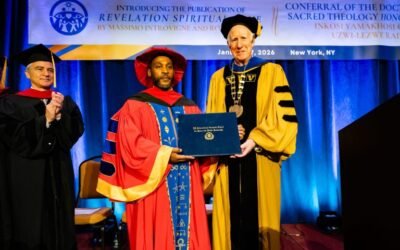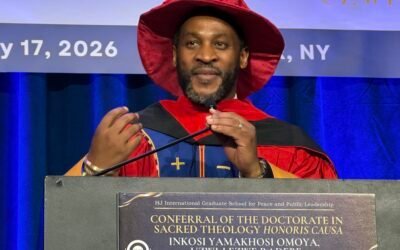Tai Ji Men was another victim of the 1996 purge targeting spiritual movements. The peculiarity of its case is that it has not been solved to this date.
by Tsai Cheng-An
Article 4 of 7.
Read article 1, article 2, and article 3.
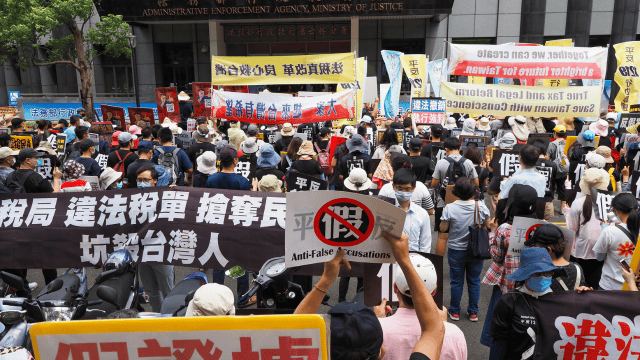
Tai Ji Men was caught in the crossfire of the 1996 campaign against religious groups that did not support the Kuomintang (KMT) party in the presidential elections, although it had not taken any political position. As later court decisions established, the Tai Ji Men case was built from the ground up on illegal and false premises. It emphasized the typical violations and injustices committed by a government that was not free from the toxic legacy of the authoritarian system.
Tai Ji Men is an ancient menpai (similar to a school) of qigong, martial arts, and self-cultivation. According to the traditional etiquette and customs, disciples (dizi) show respect to their master through gifting. Dr. Hong Tao-Tze legally established Tai Ji Men Qigong Academy in 1966. Over the past 58 years, he and his disciples tirelessly worked to carry forward the essence of traditional Chinese culture, and promote love, peace, and a culture of conscience internationally. Since inception, they have never been accused of tax evasion, except for the six years from 1991 to 1996, for which the National Taxation Bureau (NTB) issued illegal tax bills.
During the 1996 political purge against religious groups, on 19 December, Prosecutor Hou Kuan-Jen sent hundreds of police force and investigators with guns and ammunition, together with several media to search nineteen Tai Ji Men premises and the private homes of some dizi, arrested Dr. Hong, his wife, and two disciples, and prosecuted them the next year. Hou fabricated two unfounded accusations against Dr. Hong and his co-defendants—fraud and tax evasion. He alleged that the amounts of money given by dizi to Dr. Hong were not gifts but criminal proceedings of frauds, while he contradictorily alleged the same money as taxable tuition fees of a so-called cram school. Accordingly, he had all the properties of Dr. Hong frozen and confiscated, and instigated the NTB to issue tax bills for an alleged tax evasion. He also conducted a virulent media campaign against Tai Ji Men.
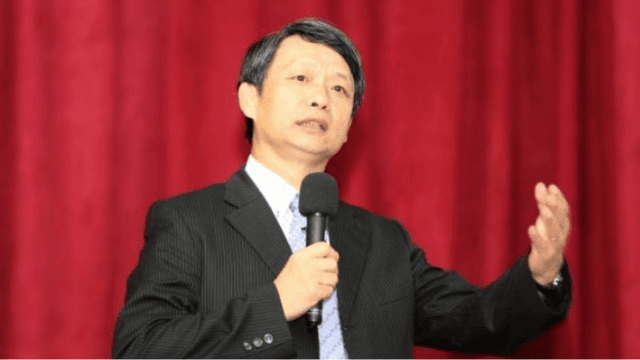
On July 13, 2007, the Supreme Court of Taiwan confirmed that Dr. Hong and Tai Ji Men were not guilty of fraud, tax evasion, or violation of the Tax and Tax Collection Act. It also affirmed that “a gift made by a disciple to a master is a gift. It is exempt income under section 4 (17) of the Income Tax Act.”
American scholar Kenneth Jacobsen summarized the subsequent developments as follows, noting that what happened was a serious blow to Taiwan’s image as a constitutional democracy: “On March 24, 2015, the Taipei High Administrative Court ruled in favor of Tai Ji Men regarding the 1996 income tax assessment, setting aside the assessment on the ground that the tax dispositions violated evidentiary rules and logical principles, and that the NTB of Taipei had never properly explored the menpai nature and characteristics of Tai Ji Men and the monetary gift given by its members. On July 9, 2015, the Supreme Administrative Court rejected the appeal of the NTB of Taipei. The Administrative Court remanded the case to the NTB of Taipei for a legally appropriate disposition, while Hong’s assets remained in jeopardy. […] In 2018, the Supreme Administrative Court ruled against the NTB of the Central Area in yet another case, finding that Tai Ji Men is an academy of Qigong, martial arts, and self-cultivation, not a cram school—the entire basis of the NTB’s illegal tax assessments. Based on decisions of the Criminal Division of the Supreme Court in 2007, the Taipei High Administrative Court in 2015, and the Supreme Administrative Court in 2018 […], and under pressure from other sources, both the National Taxation Bureau of Taipei and the National Taxation Bureau of the Central Area finally, after more than two decades, corrected the tax amounts for the honorariums for years 1991, 1993, 1994, 1995, and 1996 to zero. But in an apparent vendetta against Tai Ji Men and Hong, and in likely retaliation for their vindication in those other cases, these agencies continued to pursue taxes and fines for 1992, until in 2020, despite street protests with thousands of participants in Taiwan and statements by international scholars and human rights activists, properties belonging to Hong were seized and auctioned.”

On August 22, 2021, a shocking and distressing video was uncovered and released to the media. Tax collector Shih Yue-Sheng revealed in the video that Prosecutor Hou accused Tai Ji Men of tax evasion without evidence, and directly contacted Shih, who had never investigated Tai Ji Men, to provide false testimony, then used his testimony as the key evidence to prosecute Tai Ji Men for tax evasion.
Nearly 20 years after the incident, Shih confessed to the media that he had been pressured by Prosecutor Hou to falsely testify that he had found evidence of the tax evasion. Shih recalled that, “back then when people came to me about the case, I would tell them there’s a problem with this case. But no one listened. We deal with taxes, therefore when you submit the case to us, we must analyze it before commenting on the case. Regarding the Tai Ji Men case, I suggested that we wait for the evidence. ‘How did you compute this amount?’ I inquired. He showed it to me, and I asked him where did the amount come from. Because his answer was vague, I responded, ‘That’s not correct.’ ‘This will not be discussed,’ he said. ‘Won’t be discussed?’ I inquired, ‘So, what are your plans?’ ‘We’re simply going to use it,’ he answered. ‘Have you ever considered that this was a loophole?’ I said.”
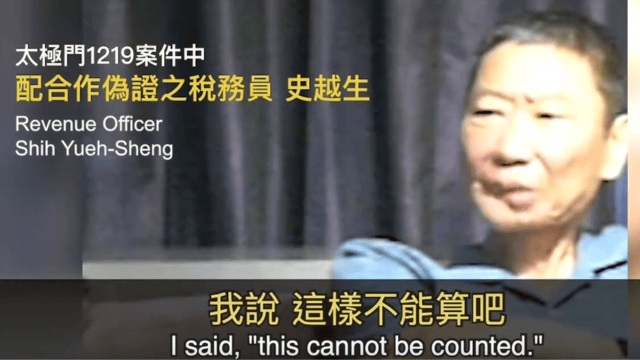
Taxation is based on evidence, and Shih believed that the Tai Ji Men case should be postponed until such evidence would become available. If the calculation of the amount cannot be explained, the money should not be counted. However, the City Field office of the Investigation Bureau insisted on doing so. This entire case was initiated and directed by Prosecutor Hou Kuan-Jen. This revelation proved that Prosecutor Hou’s accusation of tax evasion against Tai Ji Men was wholly fabricated and deliberately constructed. It also exposed Taiwan’s use of illegal taxation to carry out religious crackdowns during the democratic transition period. This further confirmed the validity of the 2007 criminal court decision, the 2015 Taipei High Administrative Court ruling, and the 2018 Supreme Administrative Court decision.
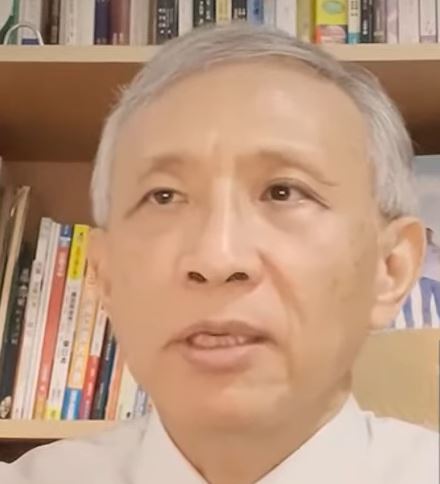
Tsai Cheng-An received his Ph.D. in Technology Management from National Chengchi University and his MS in Industrial Engineering from National Tsinghua University in Taiwan. He teaches innovation management, business model analysis, and new business development strategies at Shih Chien University, Taipei, Taiwan. Prior to his academic career, he had 18 years of practical experience in the industry, and his research interests are in decision making, business model innovation, and corporate entrepreneurship, as well as in the area of transitional justice and freedom of religion or belief. He has published in the International Journal of Entrepreneurial Behaviors & Research (SSCI), Technology Analysis and Strategic Management (SSCI), Logistics (SCIE), Management Review (TSSCI), Journal of Management (TSSCI), Sun Yat-sen Management Review (TSSCI), Journal of Science and Technology Management (TSSCI) and Forum for Industry and Management (TSSCI).


